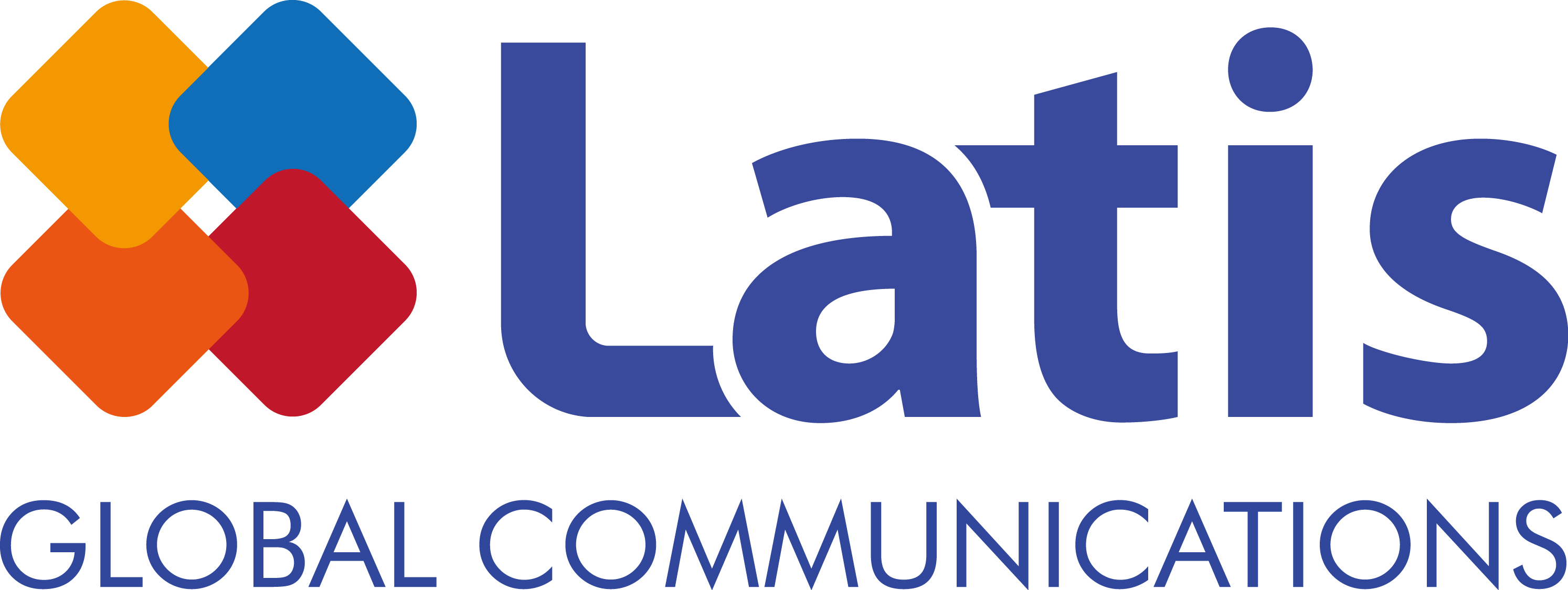
QA Services, An Example: A Behind the Scenes Look at the QA for Company P’s MOBA Game
For this particular project, as a bit of background, the client publishing the game was Indonesian and the genre of the app was a MOBA. The client requested both Functionality QA and FunQA. Since the target market was Southeast Asia instead of Korea, advance preparation were needed.

1. Speaking of advanced preparations, what sort of advanced preparations were needed?
The first line of business was to communicate with our Manila office. Had this project solely looked at functionality, the team members in Korea would have sufficed. But with the inclusion of global services, which includes FunQA, the participation of Southeast Asia testers was also needed. As such, it was necessary to set up our client’s app at both locations. In addition, to ensure sufficient understanding of this genre, we needed to find out which games, in similar genres, were popular in Southeast Asia.

2. You mentioned the Manila branch is needed because FunQA is included. Is there a reason for this? To add to that, can you further explain what the genre of MOBA is, in your understanding?
When it comes to FunQA, whilst there may be some overlap, at the end of the day, FunQA is about analyzing the ”fun” in games. The challenge here was how to quantify the element of “fun,” and was the reason why the Manila branch was necessary. In addition to the difference in mobile devices used in Korea and SE Asia, careful observation and analysis was needed for such factors as ,the time spent playing and the reluctance of in-game purchases; meaning our Manila testers were essential in providing such information. Based on these analytics, the creation of elementary data (play history) was needed. And this straightforward data was then re-analyzed and a report created.
Therefore, understanding of this genre is required. And for this to happen, a comparative analysis would be the most universally valid method of quantifying the element of fun. Just as the genre of a movie is a certain pledge between the director and the audience, the genre of a game is a pledge between the user and the game company. As a result, games of similar genres tend to share common characteristics, leading to a phenomenon where they adopt similar gameplay styles, progression models, and monetization strategies. This leads to the necessity of playing games of similar genres at the same time to analyze the similarities and differences between them.

3. Before we go even further into the weeds, when it comes to FunQA, were there any challenges because it was in the genre of a MOBA?
The truth is, whether it be Functionality or FunQA, the MOBA genre is a tough one. There are simply too many characters to play. A game is typically launched with at least 40 to 50 skills, and each character has at least three to four unique skills, requiring separate verification for each skill. The app provided by Company P also had four additional maps, which needed to be analyzed separately. In addition, MOBAs with in-game gear also require a more thorough build analysis due to the numerous exceptions related to stat changes from equipping said gear.
The process of compiling the stats for each character, and converting them into Excel, is repeated, using the data from equipment created piece by piece from the resources provided by the client, which is then applied to the characters. In addition, we’ve also run countless competitive matches between our Manila and Korean testers. We went beyond simple game progression to identify skill gaps across testers, rebalancing the team, and accumulating data by varying the long-range and melee items worn in each game. Likely strategies were tested in possible scenarios as well. We quantified this elementary data, and based on this data, created a progress report, comparing it with other games in similar genres.

4. Lastly, what was the most important takeaway from this test?
Communication. Since the game in development focuses on global services, communication between Korean and Manila testers was key. The Functional QA TC was first produced in Korean, and the TC and the app were then compared together, to complement Manila. Since both the English and Korean builds needed to be tested, a Google Sheet was used to track of the work in real time, to ensure unity in terminology and wording. Through these efforts, we were able to identify and address the bugs that occurred in the game. By leveraging the communication methods developed through the Functional QA, the progress from the FunQA could be mutually shared. Thus, by coordinating our thoughts after each game, even the simple data recording was done in tandem from both sides, producing results.
Challenges such as language and it being a MOBA genre game were deterrents, but a very satisfactory Functional QA and Fun QA results were produced, thanks in part to the cooperation from the Manila office.

